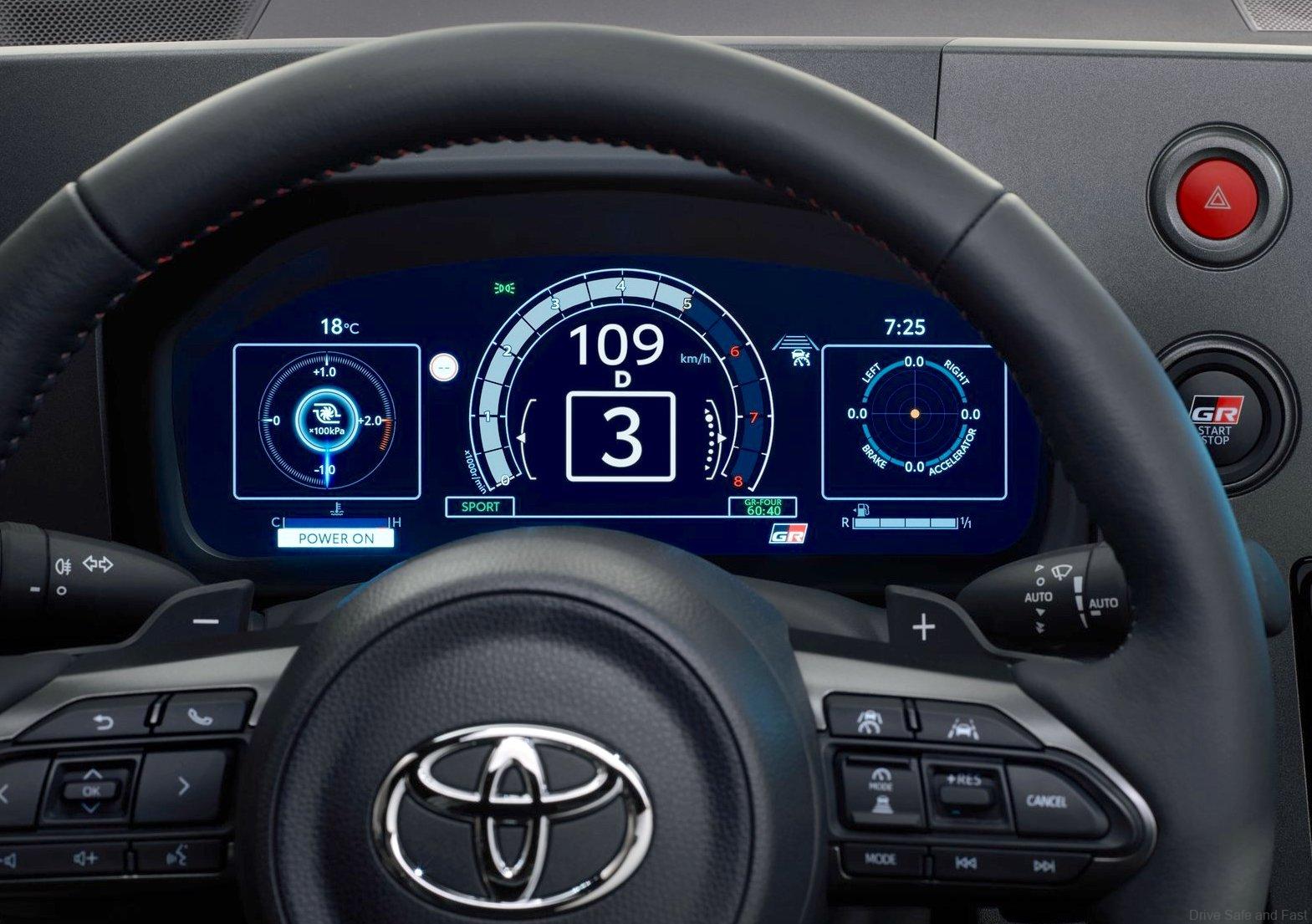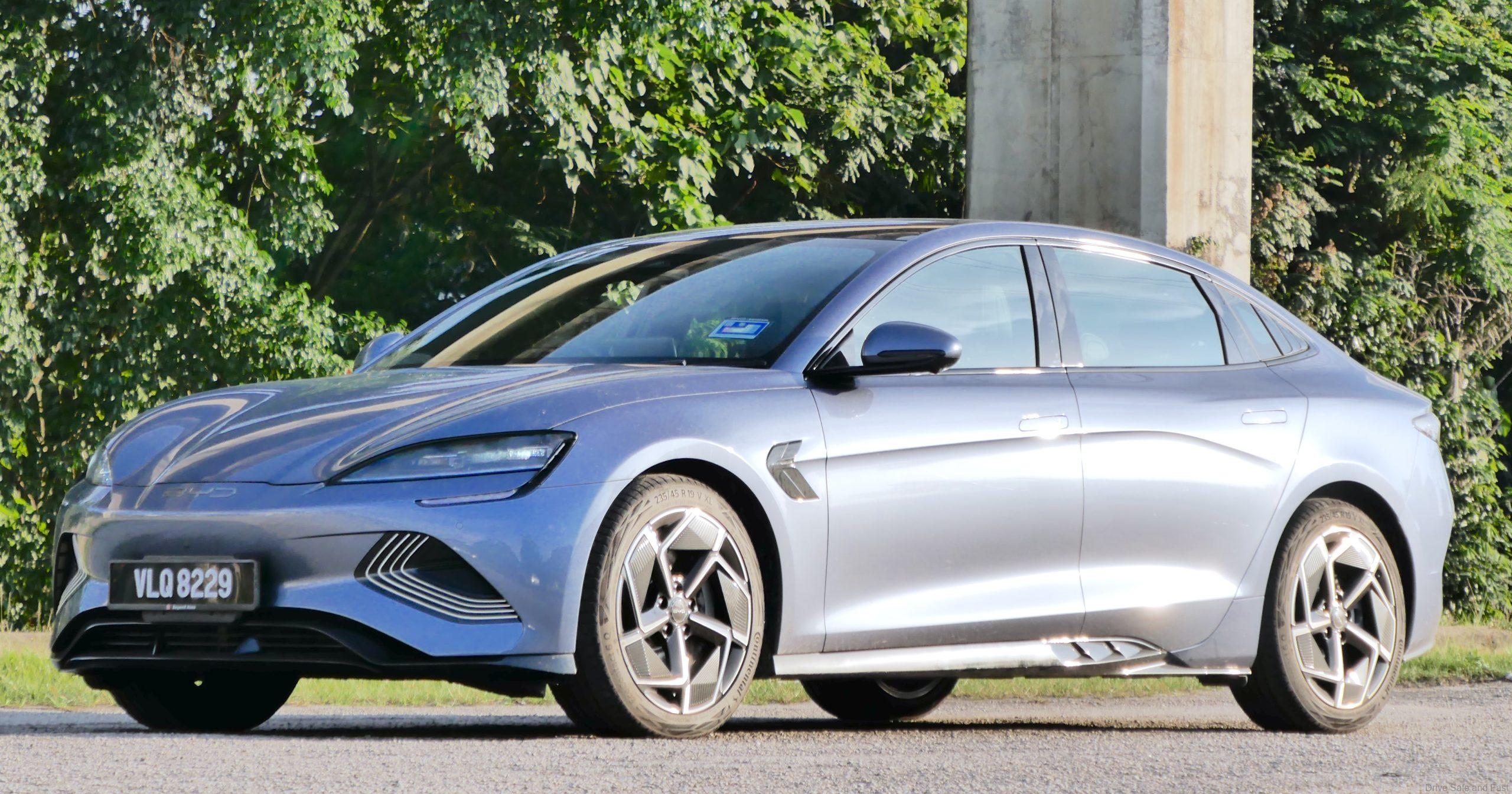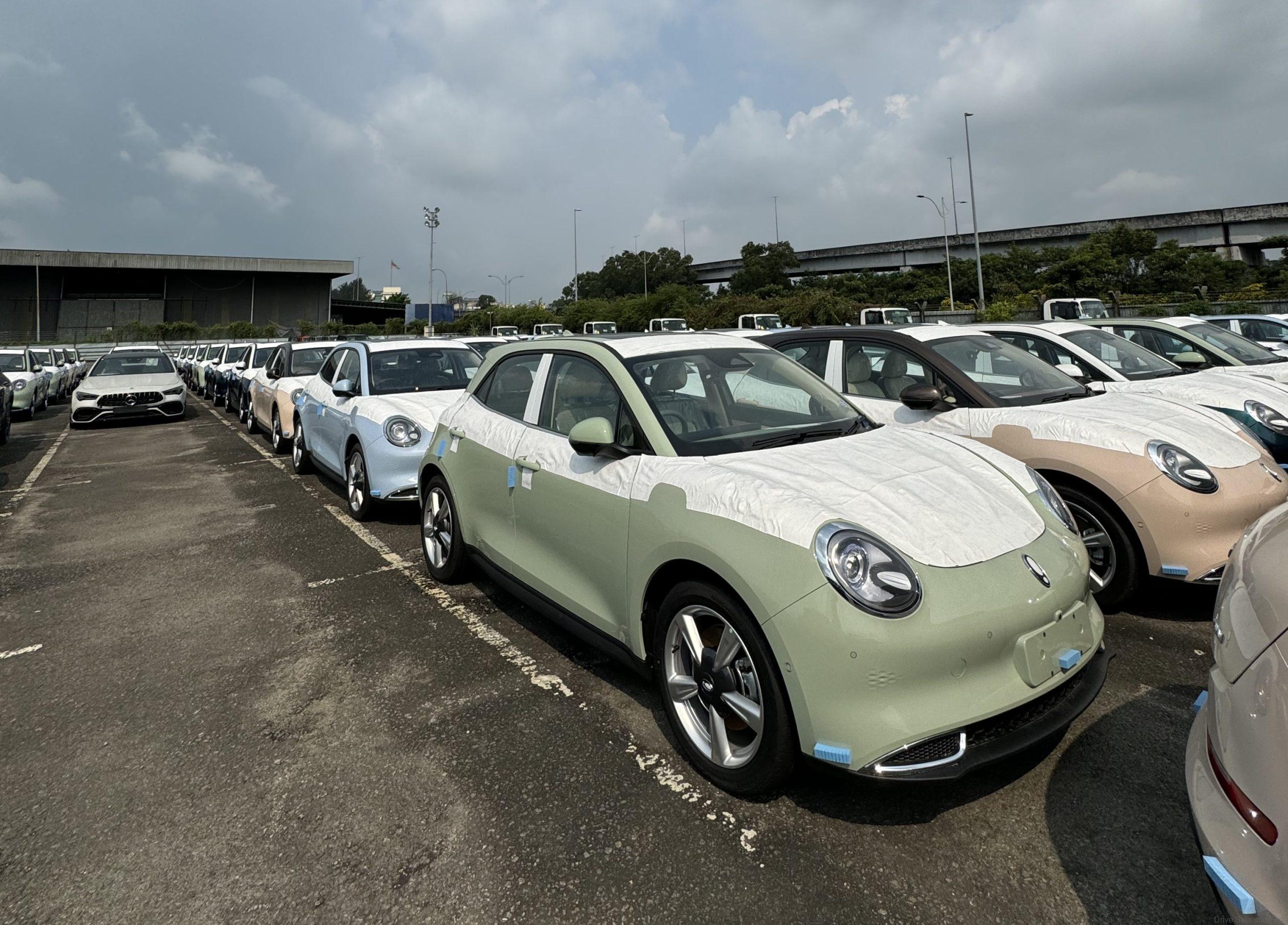Looks like Thailand agrees with Toyota on the hybrid being better than an EV?
Just days ago, Thailand’s Board of Investment (BOI) announced a significant new initiative to bolster the country’s auto industry by introducing hybrid vehicle investment incentives. This move, set to take effect from 2028 through 2032, aims to reduce excise taxes for manufacturers of hybrid vehicles.
This strategic policy shift underscores Thailand’s commitment to maintaining its position as a key player in the global automotive sector. For decades, Thailand has been a central hub for auto manufacturing and a crucial export base for some of the world’s most renowned carmakers, including Toyota and Honda.
Moreover, these brands have long benefited from the country’s robust infrastructure and supportive policies, which have allowed them to establish and expand their operations in the region. However, the landscape is evolving, particularly with the recent influx of Chinese electric vehicle (EV) manufacturers like BYD and Great Wall Motor.
Their entry has introduced new competitive pressures and prompted Thailand to enhance its incentive structures to attract and retain major players in the automotive industry. In this context, hybrid vehicles represent a pivotal technology in the global transition towards more sustainable transportation solutions.
On top of that, the BOI’s secretary-general, Narit Therdsteerasukdi, emphasised the importance of hybrid technology as a bridge between traditional internal combustion engines and fully EVs. By supporting hybrid vehicle production, Thailand aims to secure its position as a leading producer in this segment, while also safeguarding the country’s auto parts manufacturing sector.
The new incentives are designed to encourage significant investment in hybrid production. Manufacturers who commit at least 3 billion baht (roughly RM6,453,075,000) over the next four years, and incorporate local parts into their vehicles, will benefit from reduced excise taxes.
What’s more, vehicles must be equipped with advanced driver-assistance systems to qualify for these benefits. This strategic approach not only aims to attract substantial foreign investment but also to stimulate local industry and technological advancement. Currently, seven automakers are already receiving benefits from the BOI’s existing incentives, with four of these companies hailing from Japan and three from China.
The new hybrid vehicle incentives are expected to further enhance Thailand’s appeal as a destination for automotive investment, potentially drawing in up to 50 billion baht in additional investments.
In summary, the BOI’s new hybrid vehicle investment incentives are poised to strengthen the position of brands that shifted their focus on hybrids (like Toyota) instead of following the EV bandwagon as it seems to have paid off in the long run.







